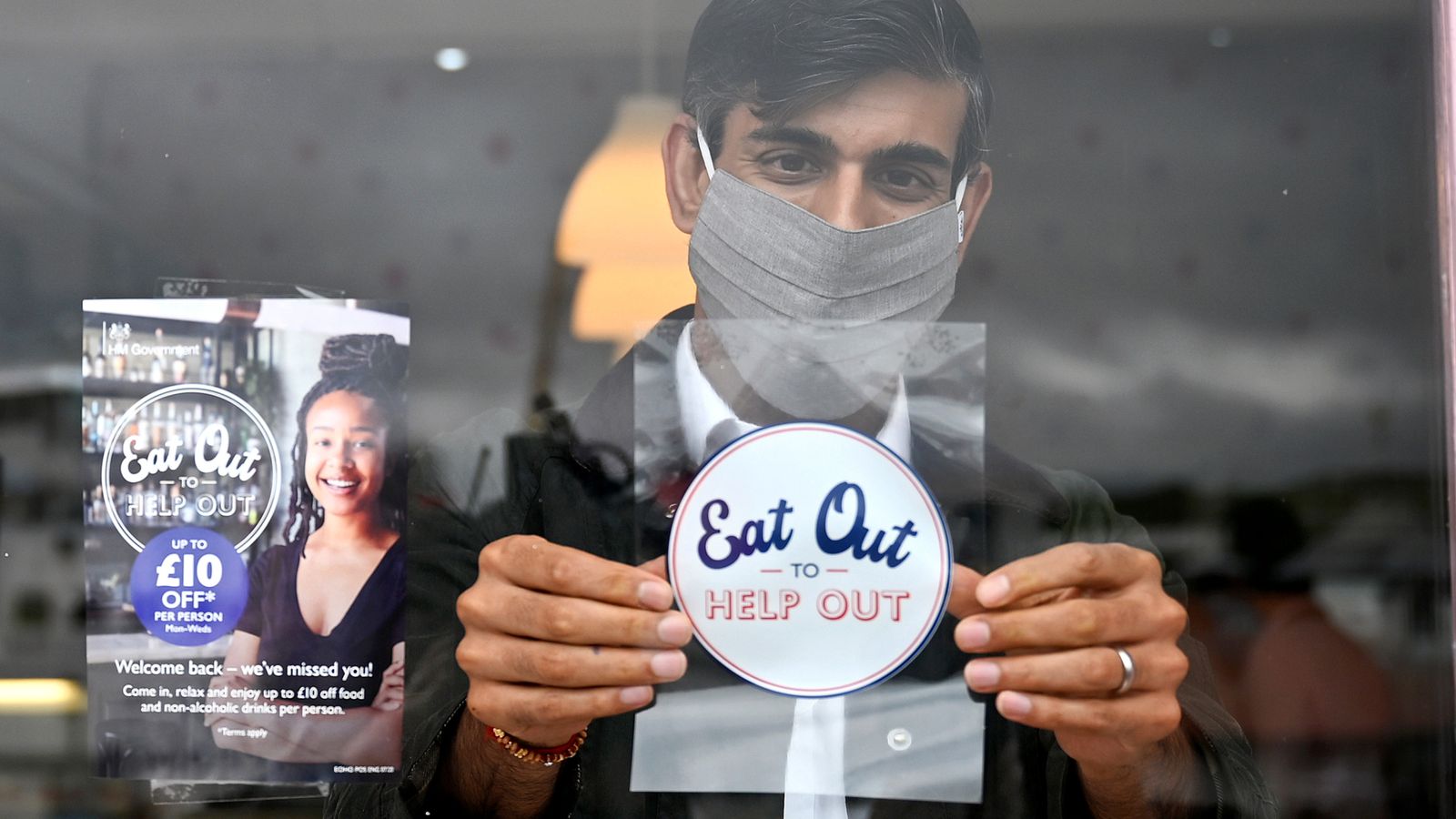The UK is facing a “humanitarian crisis” unless the government takes action to help people with rising energy costs, health chiefs have warned.
Families are looking ahead to a grim winter as experts predict the cap on energy bills will hit close to £3,600 per year from October – before rising again in April next year.
Surging prices mean people will have to choose between skipping meals to heat their homes or living in poor conditions, the NHS Confederation said in a letter to ministers.
This could lead to more people falling ill and seeing their health deteriorate.
Matthew Taylor is chief executive of the body, which represents NHS leaders, and was quoted by The Times as saying: “The country is facing a humanitarian crisis.
“Many people could face the awful choice between skipping meals to heat their homes and having to live in cold, damp and very unpleasant conditions.
“This in turn could lead to outbreaks of illness and sickness around the country and widen health inequalities, worsen children’s life chances and leave an indelible scar on local communities.”
Cost of living: Retail sales recover slightly in July with 0.3% rise but but long-term decline persists
Labour calls for return of parliament on Monday ahead of energy price cap rise
Cost of living: Pressure of rising prices ‘a ticking time bomb’ for poorest communities
The regulator is set to announce the new price cap, which will come into effect from October, on 26 August.
Bills are expected to reach approximately £3,582 a year for the average household from October – up from the £3,359 predicted earlier this month, according to the latest forecast from energy consultancy Cornwall Insight,
That compares to the price cap last October of £1,277.
From January, the amount is expected to hit £4,266 before continuing to rise in April to £4,427. The previous forecast was for £3,729 in April.
The cap, which is controlled by energy regulator Ofgem, currently leaves the average household paying £1,971 on an annual basis – a record sum which largely reflects the high demand for oil and gas as economies restarted after COVID restrictions.
The bulk of those forecast increases are linked to wholesale prices for natural gas, which have gone through the roof again in the wake of Russia’s war in Ukraine.
Labour and the Liberal Democrats have suggested plans to freeze bills at the same level as now, while many of the biggest energy suppliers have backed a similar idea.
But the government has made it clear it will not do anything substantial until a new prime minister is in office on 5 September.
The two candidates in the race to replace Boris Johnson as prime minister – Liz Truss and Rushi Sunak – have come under pressure to produce detailed plans to reduce bills.
The trade body for energy companies on Thursday called for more support on top of the £400 promised to households in May.
“Time is running very short ahead of October and we know many customers are already struggling after the last price rise – so the predicted increases will simply be unaffordable for millions of households,” said Dhara Vyas, Energy UK’s director of advocacy.
“Given the urgency, our industry believes the most practical way to help customers ahead of Christmas will be to increase the amount of support made through the existing bills support scheme.”








